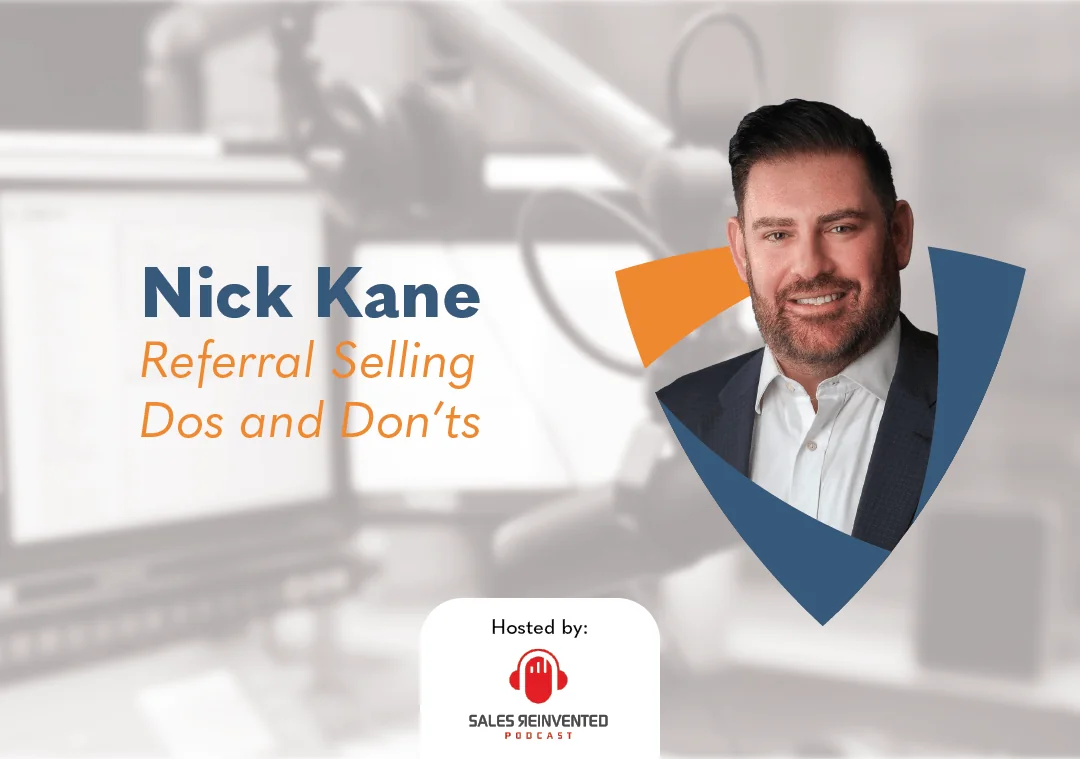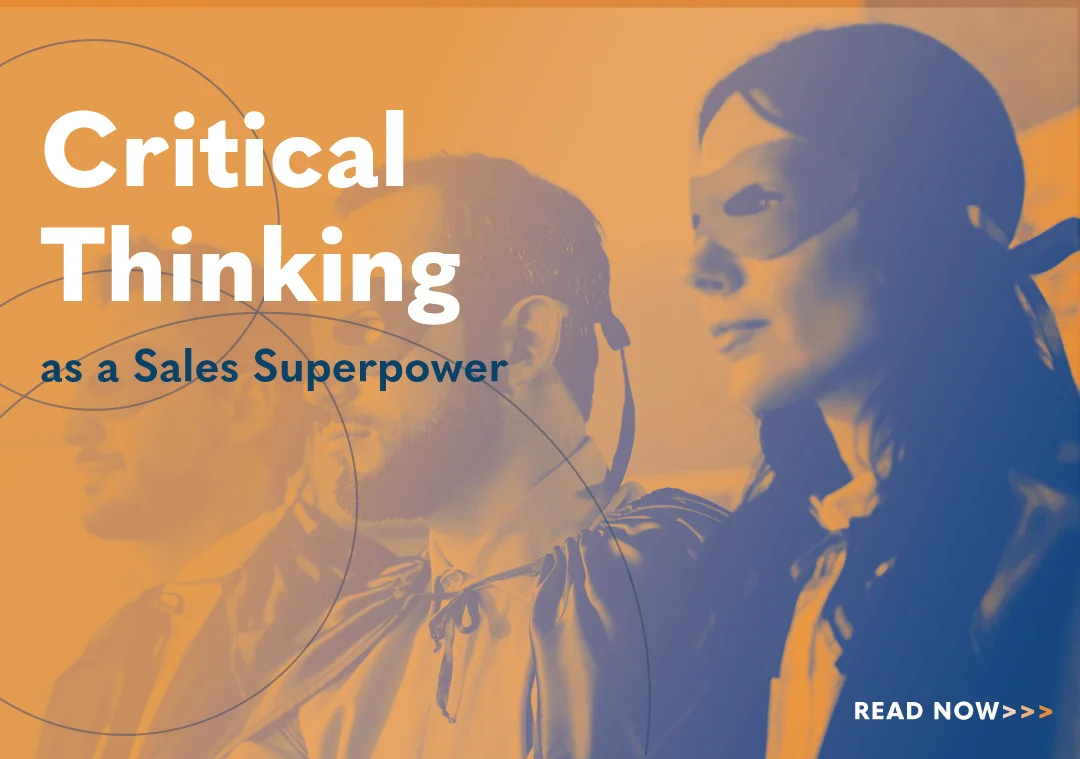Key Takeaways from the CSO & Sales Leader Conference

The highly anticipated CSO & Sales Leader Conference organized by Gartner has concluded. The conference drew sales leaders from leading companies such as Microsoft, Salesforce, and ZoomInfo, to name a few. Janek’s team attended and exhibited at this world-class sales conference. For sales leaders unable to participate, there’s no need to worry. We’ve gathered all the latest sales information, offering you a comprehensive overview. In this article, we will unveil the latest Gartner sales data, along with our own analysis of its implications for sales leaders.
Attending an educational conference alongside top sales leaders calls for a trusty notebook. This year’s conference was no exception, offering a wealth of valuable insights, cutting-edge sales strategies, and emerging trends packed into two eventful days. The conference’s overarching theme revolved around the principles of acquisition, transformation, and continuous learning. With an abundance of sales knowledge shared, let’s delve straight into the highlights and key takeaways.
One of the standout keynotes of the conference was titled “Prioritizing the Human Touch: Connecting the Buyer, Seller, and Sales Leader of the Future.” It was delivered by Alice Walmesley, Director for Gartner Sales Practice, and Robert Blaisdell, Sr. Director Analyst Research and Advisory for Sales at Gartner. This keynote stood out because the pair covered the current sales environment reality without hyperbole or exaggeration. Both speakers display a profound understanding of real-world selling, evident through their extensive experience in the field. Their expertise and practical insights shone through their presentations, establishing them as authorities who understand sales dynamics in the business landscape.
The reality they shared is sales leaders, and their sales teams, are confronted with constant change on multiple fronts. Economic volatility, uncertain labor markets, and technological disruption—including the rise of Artificial Intelligence (A.I.)—are just a few examples. Rather than pull out a crystal ball and attempt to predict the future, they pulled out the data. The data revealed the critical differentiators between high-performing sales professionals and core performers.
They concluded that maximizing seller impact required asking sellers to do less, not more. They stated, “It’s the human things that matter.”
Sellers need to free up time to do things only sellers can do. Influence was an example they used.
As a sales training company, we have observed a notable trend over the past three to four years. Many prospects we speak to invest more time in learning their company’s sales enablement technology solutions than learning how to effectively influence their customers. This observation highlights a shift in priorities where sales professionals dedicate significant hours to mastering technological tools rather than honing essential customer-centric skills.
The talk emphasized a crucial point: If sellers become overwhelmed by non-human tasks, the very technology intended to assist them can end up adding to their burdens. The key takeaway was that technology should not replace sellers but enhance their abilities. To achieve this, sellers must leverage technology to free up their time, allowing them to focus on being more human in their interactions. Technology should be treated less as a tool and more as a teammate.
Key Data Points of the Gartner Buyer Survey
Data Point: 75% of Buyers Surveyed Prefer a Rep Free Experience.
This is the fundamental challenge facing all sellers in every industry. Buyers want to scratch their own itch. Digital access to information creates a false sense of confidence in a self-service sales process. However, a rep-free experience also creates the highest purchase regret.
Takeaway: While buyers may prefer a representative-free experience initially, there is ultimately greater value and higher levels of satisfaction when engaging with sales professionals who can provide valuable insights, guidance, and personalized recommendations. B2B sales reps should position themselves as trusted advisors, offering expertise and tailored solutions that address buyers’ specific challenges.
Data Point: 30% Lift in High-Quality Deals when sellers are involved.
When sellers are involved with the sales process, buyers feel more confident in their purchase decision. This creates a paradox between modern buyers and today’s sellers, buyers prefer a self-service path to purchase, yet feel more confident when sellers are involved. This data affirms salespeople continue to drive value when they interact with customers. The challenge today for sellers, is twofold. First gaining access to the buyer during their purchase process. Second, rapidly positioning oneself as a credible expert, thereby garnering a trusted advisor role.
Takeaway: The more complex the purchase decision, the more value sellers bring to the buying process. In the past, a buyer would contact multiple companies. Today, they use digital channels to self-service their research and create a very short list of potential providers. Client interactions are exponentially more valuable because buyers are deeper into the buying process at the initial contact with the seller.
This is a critical point that many sellers underestimate, which leads to missed opportunities, no decisions, and lost deals. To use a track analogy—when the seller begins the race, they might not realize it’s a relay, and they are not the first leg. The buying team has been running and doing research. They will only hand off the baton when they are ready. This creates a sophisticated buyer who requires an equally sophisticated seller.
Data Point: 75% of sales leaders believe their workflow technology is easy for their sellers to use. Only 48% of sellers view their sales tech stack as optimized for their needs. This is a common misalignment between sales leadership and their sales team.
Takeaway: Implementing sales technology solutions can be a challenging endeavor, regardless of whether your team opts for an all-in-one bundled solution or utilizes multiple tools in your sales tech stack. When it comes to technology in sales, I share a similar viewpoint with retired Army General and former National Security Advisor, H.R. McMaster, regarding technology in the military.
McMaster acknowledges the significance of technology but cautions against treating it as a cure-all solution. Overreliance on technology can have negative consequences. Similarly, in sales, while technology can bring numerous benefits, relying too heavily on it without considering other crucial factors can be detrimental to the sales process and outcomes.
The sales tech stack should support well-developed sales processes, and not be viewed as a process in itself.
In Conclusion
As a seasoned attendee of numerous sales conferences throughout my career, I can confidently say that the Gartner CSO and Sales Leader Conference stood out among the rest. While there was a notable presence of cutting-edge technology and discussions revolving around the future of A.I. and ChatGPT, this conference took a refreshing approach by emphasizing the essence of successful selling: being human.
In the recent past, digital transformation dominated headlines, especially during the height of the Covid pandemic and the era of remote work. The hype surrounding the disruption of selling through digital transformation has now subsided, giving way to a more pragmatic perspective.
There was a period when companies mistakenly believed they could quickly, inexpensively, and efficiently sell complex solutions solely through advanced technologies. It seemed as if the sales leadership community had become so infatuated with the capabilities of technology that it became confused with sales strategy, leading to an overburden on sales reps. I’m glad to see the pendulum swing back the other way.
The primary lesson learned from this conference is that the human condition fundamentally drives the buying and selling process. Emotions, fears, desires, and self-interests are crucial in shaping sales interactions. This conference emphasized the importance for sales leaders to uphold the timeless human nature of selling.
In summary, the Gartner CSO and Sales Leader Conference shed light on the undeniable truth that successful sales ultimately hinge upon the human aspect. Technology must be harnessed wisely to complement and enhance the innate qualities that drive human-to-human interactions in the world of sales. By embracing this vital perspective, sales professionals can navigate the complexities of the modern marketplace with greater clarity and effectiveness.

- Account Planning (11)
- Awards (47)
- Client Testimonial (37)
- Personal Branding (19)
- Podcast (12)
- Research (72)
- Sales Career Development (87)
- Sales Coaching (157)
- Sales Consulting (137)
- Sales Culture (171)
- Sales Enablement (362)
- Sales Leadership (111)
- Sales Management (252)
- Sales Negotiation (16)
- Sales Prospecting (126)
- Sales Role-Playing (19)
- Sales Training (236)
- Selling Strategies (268)
- Soft Skills (71)
- Talent Management (95)
- Trusted Advisor (27)
- Virtual Selling (51)
- Webinar (11)


























